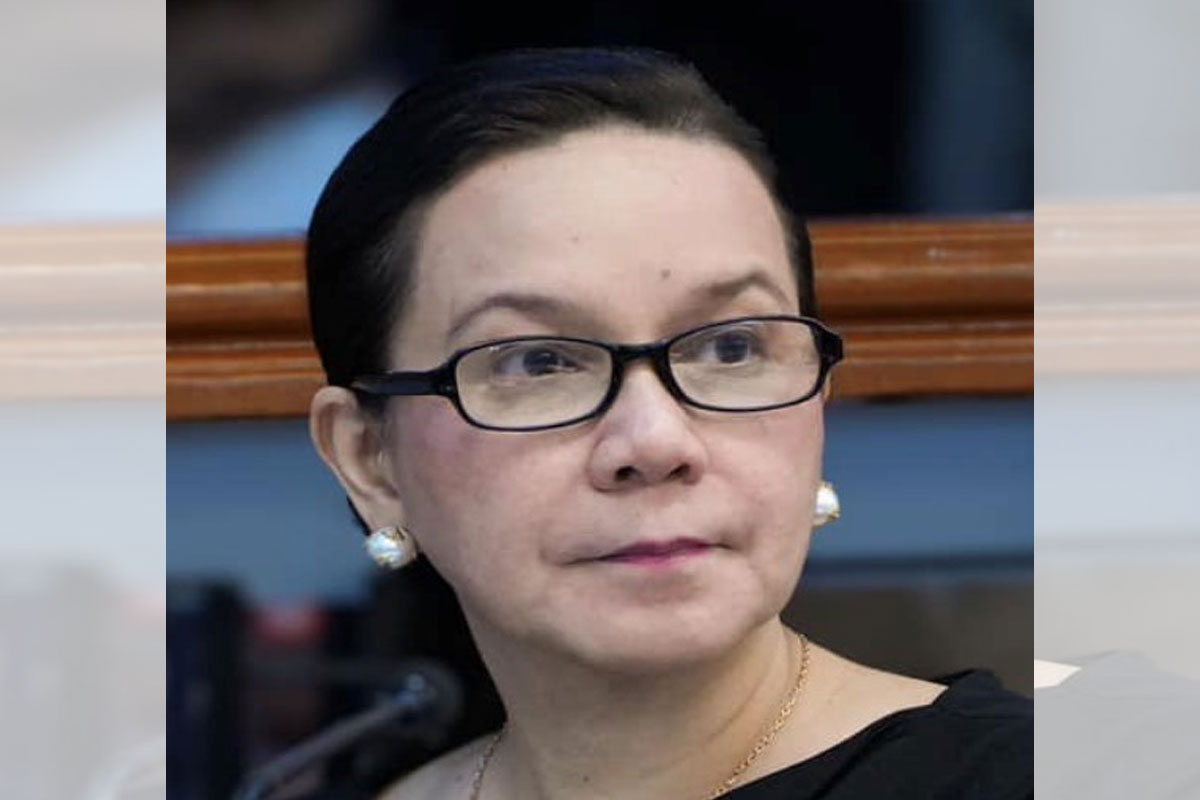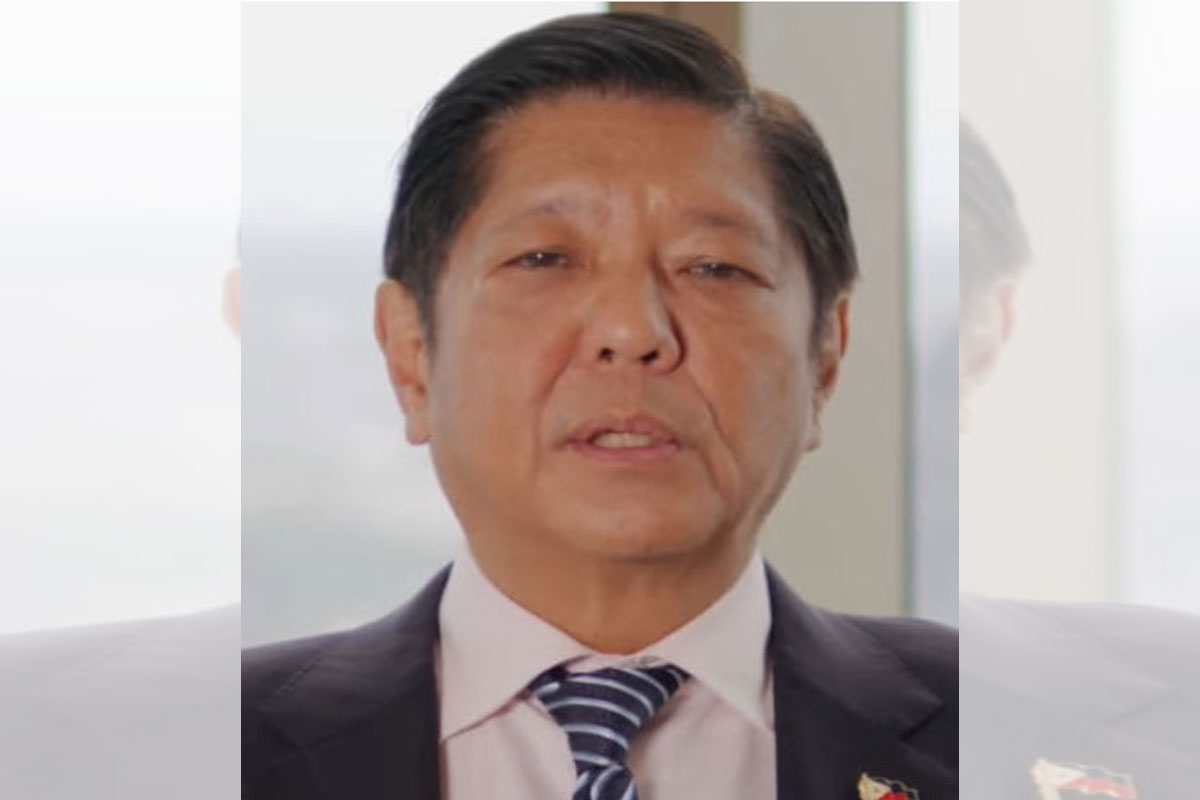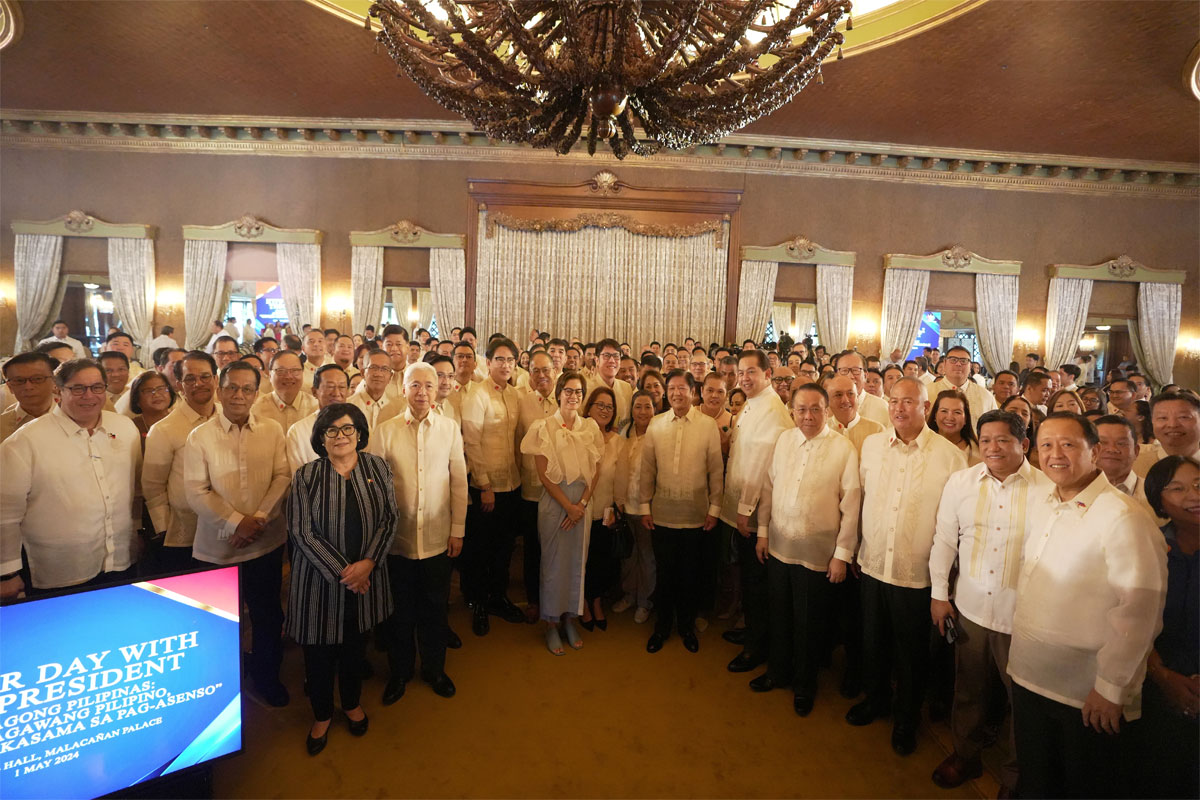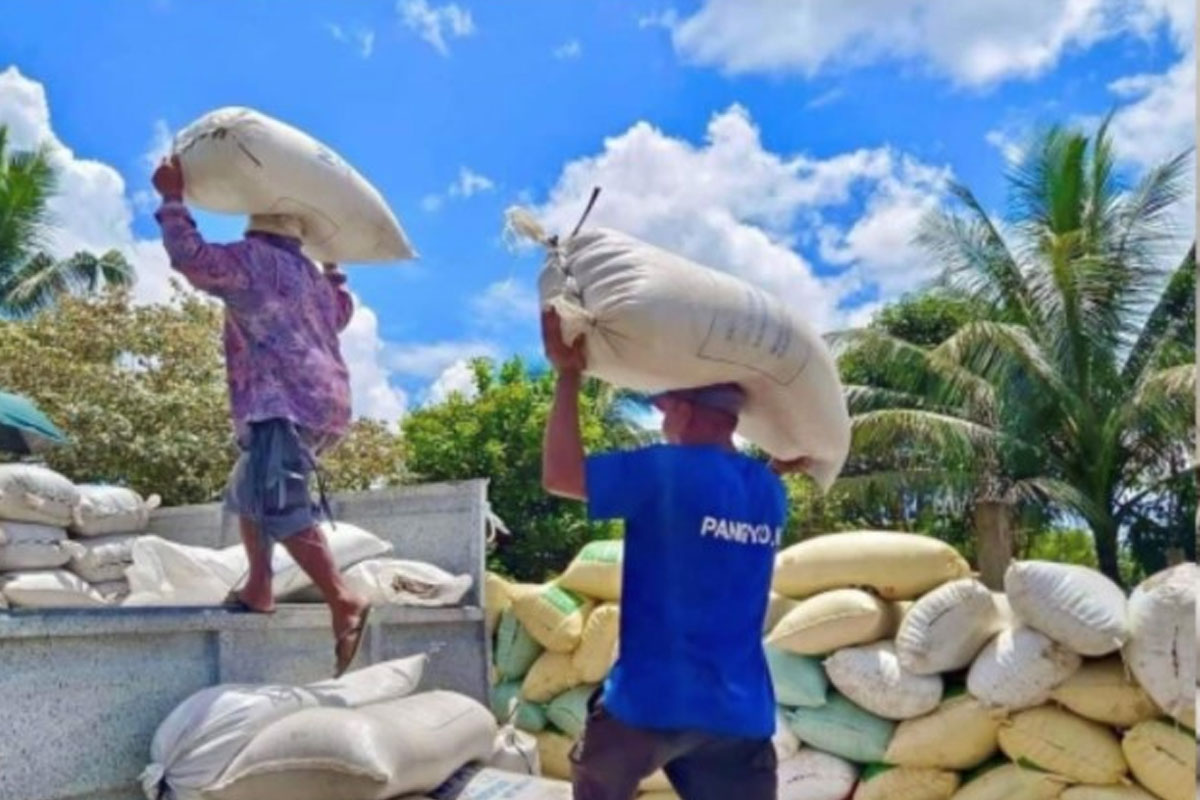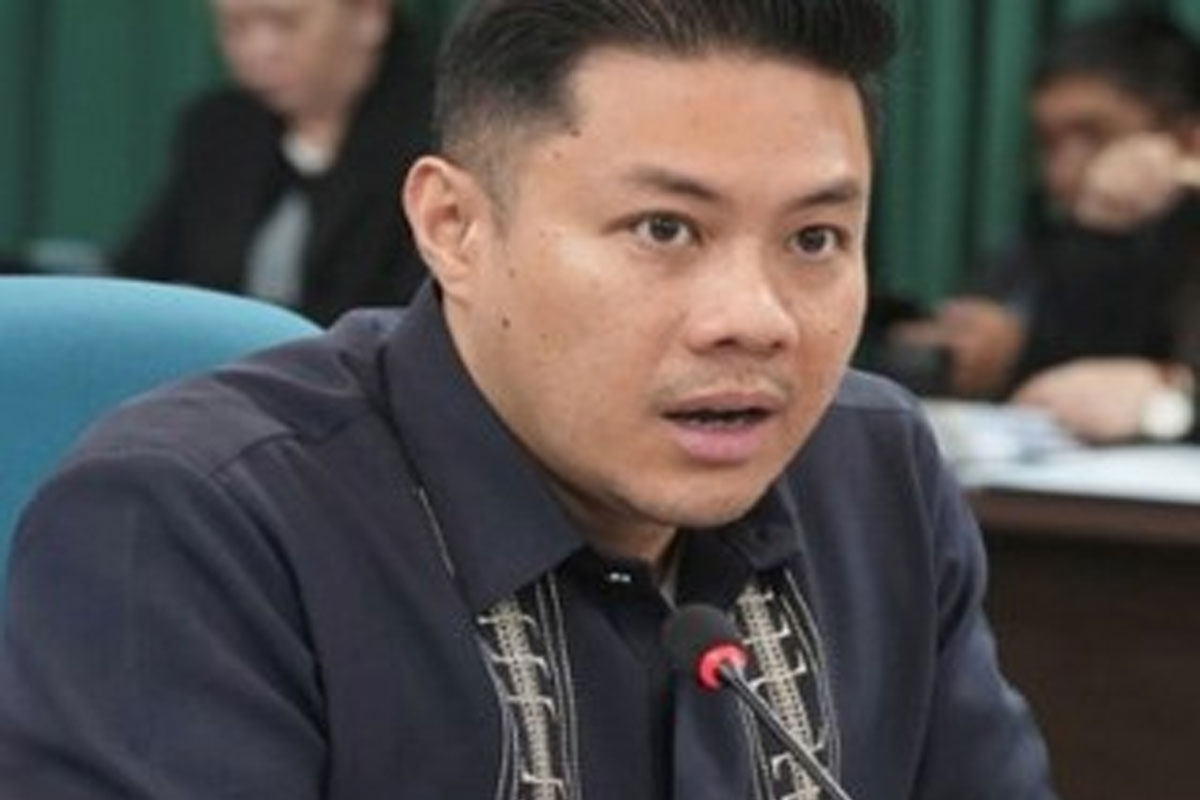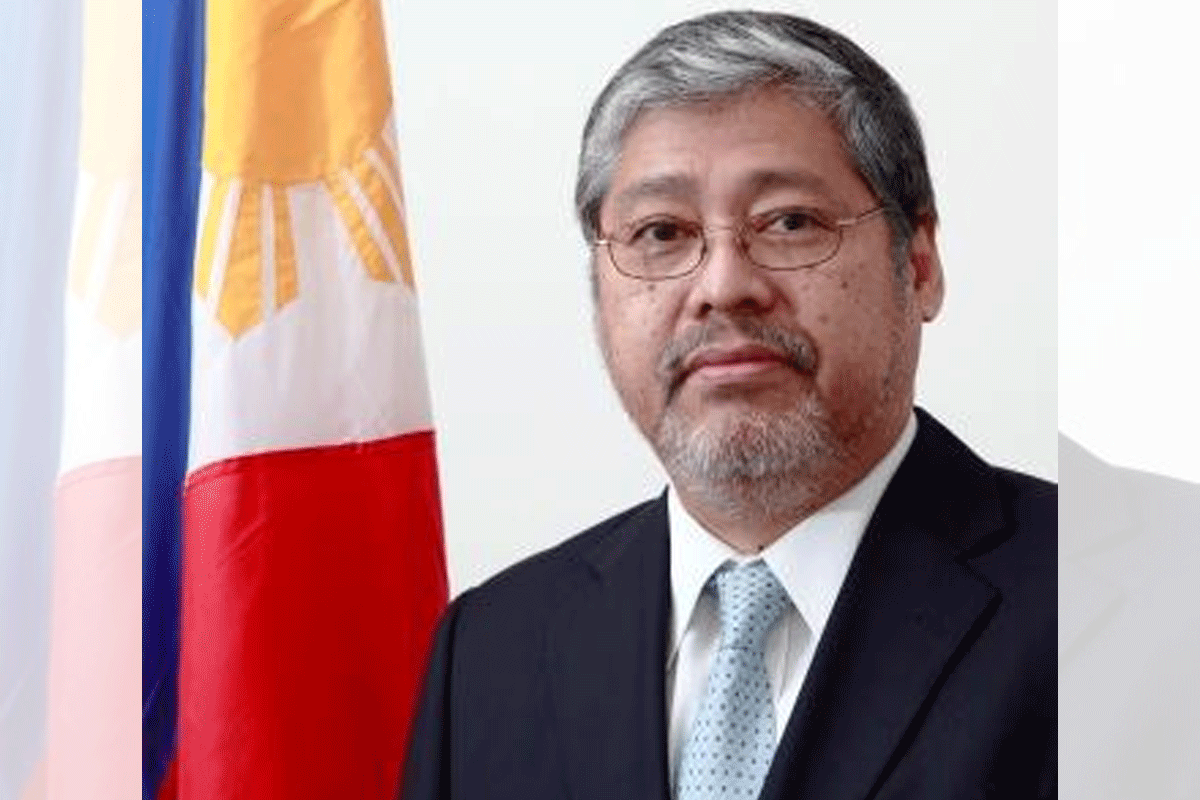
2016 Hague ruling PH’s anchor policy in WPS
FOREIGN Affairs Secretary Enrique Manalo said that The Hague ruling on the South China Sea (SCS) is the anchor of the Philippines’ policy and actions on the West Philippine Sea (WPS).
Manalo issued the statement as the country celebrated yesterday (Tuesday) the 6th anniversary of the 2016 Permanent Court of Arbitration (PCA) award, rejecting China’s excessive nine-dash line claims in the disputed SCS.
China, however, refused to accept the ruling.
As this developed, the Canadian Embassy in Manila said it was concerned by China’s continued unwillingness to accept the tribunal decision and ongoing coercive activities in the East and South China Seas, including off the coast of the Philippines.
In a statement, Manalo said, “these two landmark documents, whose 6th (Award) and 40th (UNCLOS) anniversary we are commemorating this year, set out the conditions to ensure the peaceful South China Sea.”
The Hague upheld the Philippines’ sovereign rights and jurisdiction in its exclusive economic zone (EEZ).
Manalo said it also affirmed that “certain actions within the Philippines’ EEZ” violated the country’s sovereign rights; that large-scale reclamation and construction of artificial islands caused severe environmental harm in violation of international conventions; that the large-scale harvesting of endangered marine species damaged the marine ecosystem; and that actions taken since the commencement of the arbitration had aggravated the disputes.
“These findings are no longer within reach of denial and rebuttal and are conclusive as they are indisputable,” he said adding “The Award is final. We firmly reject attempts to undermine it; nay, even erase it from the law, history, and our collective memories. At the same time, we welcome the support of a growing list of countries for the Award.”
He stressed, however, that this ruling is not directed toward a particular country.
“We see it as it should be seen: as favoring all which are similarly situated by clarifying definitively a legal situation beyond the reach of arms to change. It puts this aspect of international law beyond the limit of prescription,” he said. “And so we say once again: the present that we need and the future that we want is the peaceful South China Sea. The Philippines is committed to this for as long as it exists.”
Canada, in another statement, reaffirmed its strong opposition to unilateral actions that escalate tensions and undermine regional stability and the rules-based international order.
“Canada reaffirms its strong opposition to unilateral actions that escalate tensions and undermine regional stability and the rules-based international order. This includes China’s use of naval, coast guard, and maritime militia vessels to intimidate the ships of other states and assert unilateral claims over disputed features. These actions are incompatible with China’s obligations under international law, including UNCLOS.”
The Canadian Government stressed it remains committed to working with its allies and partners to uphold a free, open, and inclusive Indo-Pacific that promotes the peaceful resolution of territorial and maritime disputes in accordance with international law. Canada supports ongoing efforts by ASEAN members and China to develop a Code of Conduct for the South China Sea.
It added, “We encourage transparency in these negotiations and reiterate that the agreement should not prejudice the rights of third parties and must be consistent with international law, including the 2016 South China Sea Arbitration ruling.”




